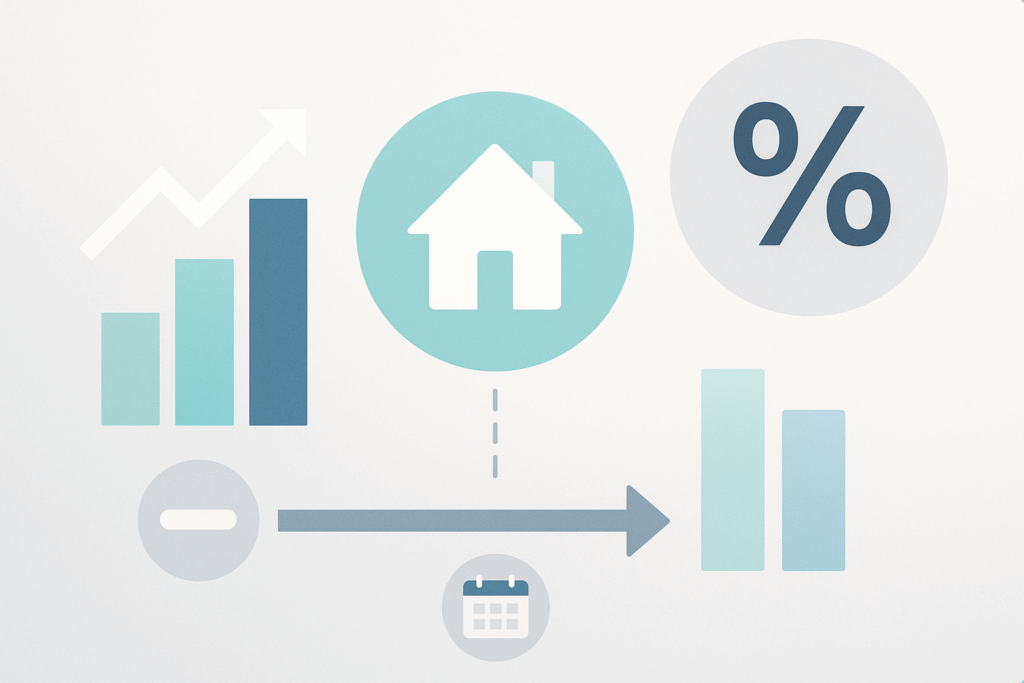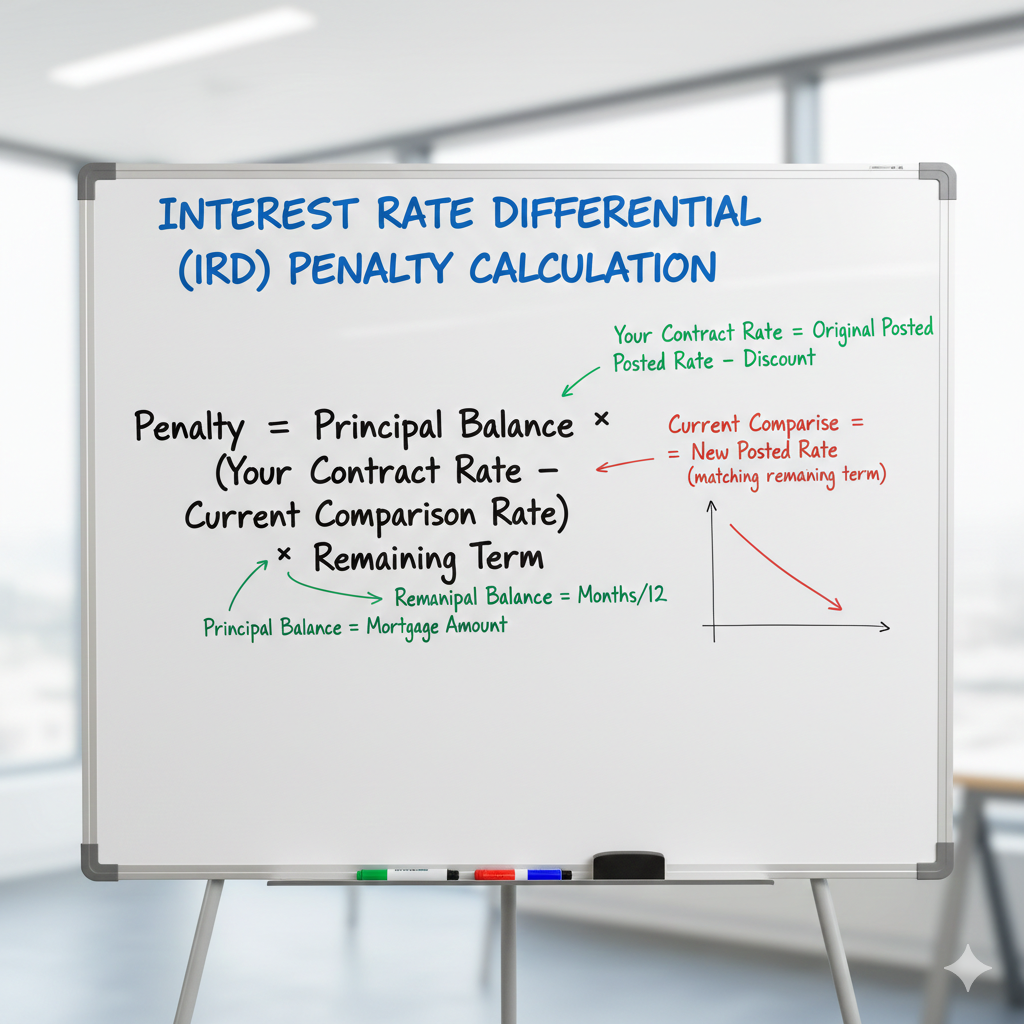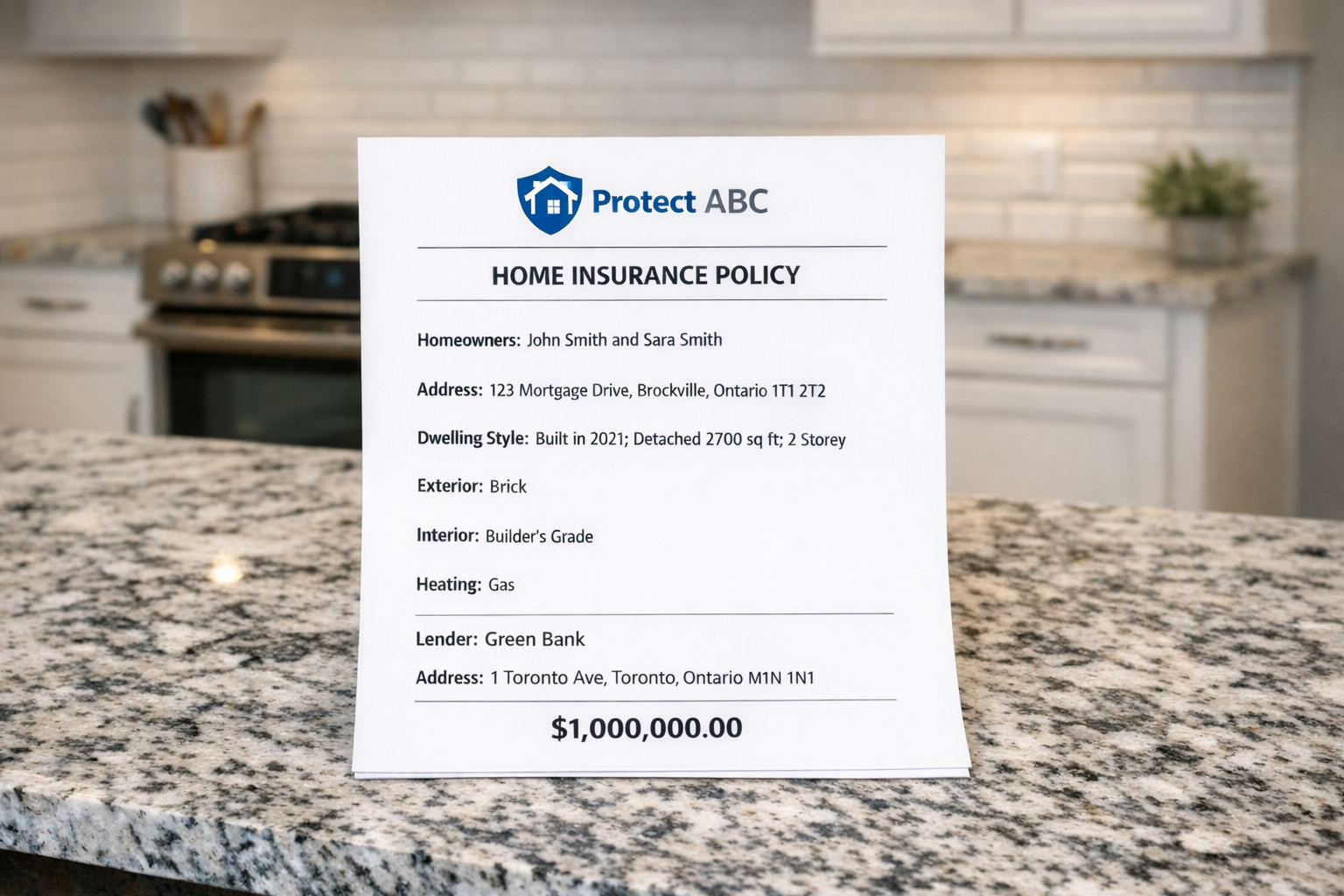Hard money lenders in Ontario, commonly known as private lenders, offer faster, equity-based mortgage solutions for borrowers who need short-term financing, have bruised credit, or are working under tight timelines. These lenders focus on property value rather than credit scores or income. Hard money loans can help with fast closings, refinancing, debt consolidation, or transitional financing.
Important: Any interest rate examples in this article are for illustration only and are subject to change based on lender policies, market conditions, and borrower profiles.
Table of Contents
ToggleWhat Are Hard Money Lenders in Ontario?
Hard money lenders in Ontario are private individuals or lending corporations who issue short-term mortgages primarily based on equity instead of credit history, income stability, or long-term financial strength. These lenders exist to fill the gap when banks cannot move quickly or approve higher-risk mortgage files.
How Hard Money Lending Differs From Bank Lending
Banks focus on:
-
income & employment
-
debt-to-income ratios
-
minimum credit scores (usually 660–680+)
-
mortgage stress test requirements
Hard money lenders focus on:
-
property value
-
remaining equity
-
loan-to-value limits
-
property marketability
-
the borrower’s exit strategy
Why Canada Avoids the Term “Hard Money”
In Ontario, the industry typically uses:
-
private lenders
-
alternative lenders
-
equity lenders
The lending model is similar to U.S. hard money financing, but wrapped in Canadian regulations and licensing requirements.
Why Ontario Borrowers Use Hard Money Loans
-
bruised or poor credit
-
self-employed with limited documentation
-
purchase closing in 10–14 days
-
debt consolidation
-
refinance during financial stress
-
temporary bridge financing
Summary: Hard money lenders in Ontario offer short-term, equity-based loans for borrowers who cannot qualify with traditional lenders due to time, credit, or formal documentation challenges.
How Hard Money Loans Work in Ontario
Loan-to-Value (LTV) Guidelines
Typical LTV limits include:
| Property Type | Common LTV Range |
|---|---|
| Urban residential (Toronto, Ottawa, Hamilton) | 75–85%* |
| Suburban / small cities | 70–80% |
| Rural or agricultural | 50–65% |
| Commercial | 50–65% |
*85% is extremely rare in Canada today, and many lenders have scaled back from this in 2025.
Terms, Rates & Fees
Note: All interest rates below are examples only, for illustrative purposes, and subject to change.
Hard money loans typically include:
-
Terms: 6–24 months
-
Rates (example only): 7.99%–14.99%, depending on equity and risk
-
Lender fees: 1%–4%
-
Broker fees: vary based on complexity
-
Payment structure: interest-only or short amortization
Documentation Needed
While flexible, lenders generally require:
-
property appraisal
-
valid ID
-
recent mortgage statement
-
property tax statement
-
basic income details (not always required)
Summary: Hard money lenders in Ontario rely on property value and short-term conditions. Rates and fees vary and are always subject to market changes.
When Hard Money Loans Make Sense
1. Bruised Credit
Borrowers recovering from collections, late payments, or past insolvency may benefit from short-term private financing.
2. Rush Purchase Closings
If a bank cannot close in time, a private lender may close in as little as 24-48 business hours.
3. Refinancing for Debt Consolidation
Borrowers may use equity to combine:
-
credit cards
-
personal loans
-
tax arrears
-
collections
-
high-interest unsecured debts
4. Large Down Payment but Limited Income
Self-employed borrowers often fall outside bank guidelines but still have strong equity.
Summary: Hard money lenders in Ontario help bridge gaps during bruised credit, tight closing timelines, or refinancing needs.
Pros and Cons of Hard Money Lenders in Ontario
Benefits
-
quick approvals
-
credit flexibility
-
minimal documentation
-
interest-only payment options
-
strong equity-based lending model
Drawbacks
-
higher cost than banks
-
shorter terms
-
must plan an exit strategy
-
renewal fees if extending
Common Mistakes
-
not planning ahead for renewal or discharge
-
assuming rates stay constant (they do not)
-
depending on private lending longer than needed
Summary: Hard money loans offer speed and flexibility but require careful planning due to higher costs and shorter timelines.
How to Qualify for a Hard Money Loan
Equity Requirements
Most lenders require 20–30% equity minimum.
Property Type
Easiest to finance:
-
detached houses
-
semi-detached
-
townhomes
-
condos in major cities
More complex to finance:
-
rural land
-
agricultural properties
-
leased land
Income & Credit
While flexible, borrowers still need a reasonable ability to pay the monthly interest.
Summary: Equity and property quality matter more than income or credit for qualification.
Alternatives to Hard Money Lenders in Ontario
Below is a simplified comparison of alternatives borrowers often consider.
Comparison Chart: Alternatives to Hard Money Lending
| Lending Option | Typical Use Case | Pros | Cons |
|---|---|---|---|
| B-Lenders | Bruised credit, self-employed | Lower rates than private lenders | More documentation needed |
| HELOC (Bank/Institutional) | Strong credit/income | Lowest rates, revolving credit | Hard to qualify; stress test applies |
| Second Mortgage | Debt consolidation, short-term cash | Flexible, fast | Higher rates; requires equity |
| Bridge Loan | Buy before selling | Very fast, short-term | Requires strong exit (sale) plan |
Notes on Interest Rates
Any rate examples in this article are illustrative only, not guaranteed, and subject to lender change.
Summary: Alternatives range from B-lenders to HELOCs and bridge loans, each with different qualification rules and costs.

Costs to Expect From Hard Money Lenders
Rates & Fees
Rates vary widely by LTV, location, and risk level.
Any interest rate examples used are strictly for illustration and may change at any time.
Legal Fees & Appraisal
Borrower and lender each require independent legal representation.
Renewal & Discharge
Some loans carry renewal fees or lender discharge fees.
Summary: Hard money loans have higher costs due to risk and speed, and rates/fees always vary.
How to Choose the Right Hard Money Lender
Licensing
Ensure the mortgage professional assisting you is FSRA-licensed.
Transparency
A clear commitment/term sheet should outline:
-
rates
-
fees
-
payment schedule
-
renewal costs
Exit Strategy
Know how you will transition back to more traditional financing or sell if needed. Hard money lenders in Ontario focus on an exit strategy to determine if the loan makes sense.
Summary: Choose licensed, transparent lenders and ensure the loan aligns with your exit strategy.
Ontario Case Studies (examples)
1. Toronto Rush Closing — 2-Week Private First Mortgage
A Toronto buyer with a firm purchase agreement faced a last-minute issue when their bank could not verify income in time. With 25% down and strong property equity, a hard money lender approved a one-week closing.
Funds were used to complete the purchase, and the borrower planned to switch to a bank mortgage within 6–12 months after stabilizing income documentation.
Key takeaway: Hard money lenders can save firm purchase agreements when banks cannot meet the deadline.
2. Ottawa Bruised Credit Refinance — Debt Consolidation With Equity
An Ottawa homeowner had accumulated more than $45,000 in credit card and unsecured debt following a job loss. Their credit score had dropped into the low 500s. With significant property equity, they secured a private second mortgage to consolidate all unsecured debts. This reduced monthly payments dramatically and allowed the borrower to rebuild credit. Within 18 months, they refinanced with an institutional lender.
Key takeaway: Hard money loans can be temporary solutions for consolidating high-interest debt and repairing credit.
3. Hamilton Investment Property — Renovation & Flip Strategy
A landlord in Hamilton purchased a duplex requiring substantial renovations to improve rental income. Traditional banks declined due to the property’s condition.
With hard money lenders in Ontario, a short-term private loan financed the renovation work, increasing both rental income and appraised value. Once stabilized, the landlord refinanced the property with a bank at a lower rate.
Key takeaway: Hard money lenders help investors upgrade or reposition rental properties before conventional refinancing.
Summary: These Ontario-specific examples show how hard money loans are used for urgent closings, debt consolidation, and value-add renovations.
Frequently Asked Questions
1. Can I get a mortgage with bad credit in Ontario?
Yes. Hard money lenders focus on equity rather than credit scores. Borrowers with credit scores under 600 often qualify if sufficient equity exists.
2. Are interest rates fixed for all private lenders?
No. Rates vary significantly and are always subject to change. Any ranges discussed in this article are examples only.
3. How fast can a private lender close a mortgage?
Many can close as quickly as a borrower would like to, but normally in as little as 5 business days, depending on appraisal availability and legal timelines.
4. Do I need income to qualify?
Income helps demonstrate repayment ability, but private lenders weigh it far less heavily than banks.
5. How much equity is required?
Most lenders require 20–30% equity to approve the mortgage.
6. Are hard money loans only for distressed borrowers?
No. They are also used by investors, self-employed borrowers, and anyone needing fast, flexible financing.
Final Takeaway – Hard Money Lenders in Ontario
Hard money lenders in Ontario offer fast, flexible mortgage solutions when banks cannot meet the needs of borrowers with bruised credit, tight timelines, or unique financial circumstances. These loans are short-term tools that work best when paired with a clear exit strategy, whether the goal is to flip an investment property, stabilize finances on a primary residence, or prepare the home for a future sale.
It’s also essential to work with a lawyer who represents your interests exclusively during the closing process, ensuring you fully understand the terms and obligations. Before moving forward, take time to review a detailed budget and plan so that the financing aligns with your long-term goals and puts you in a stronger position for the next stage of your financial strategy.
Remember: All interest rate examples in this article are for illustration purposes only and are always subject to change based on lender policies and market conditions.
- Hard Money Lender Alberta: Guide for Homeowners in 2026 - February 26, 2026
- How Many Paystubs Are Required for a Mortgage in Canada? Helpful Guide - February 19, 2026
- Home Insurance Requirements for a Mortgage in Canada - February 13, 2026






